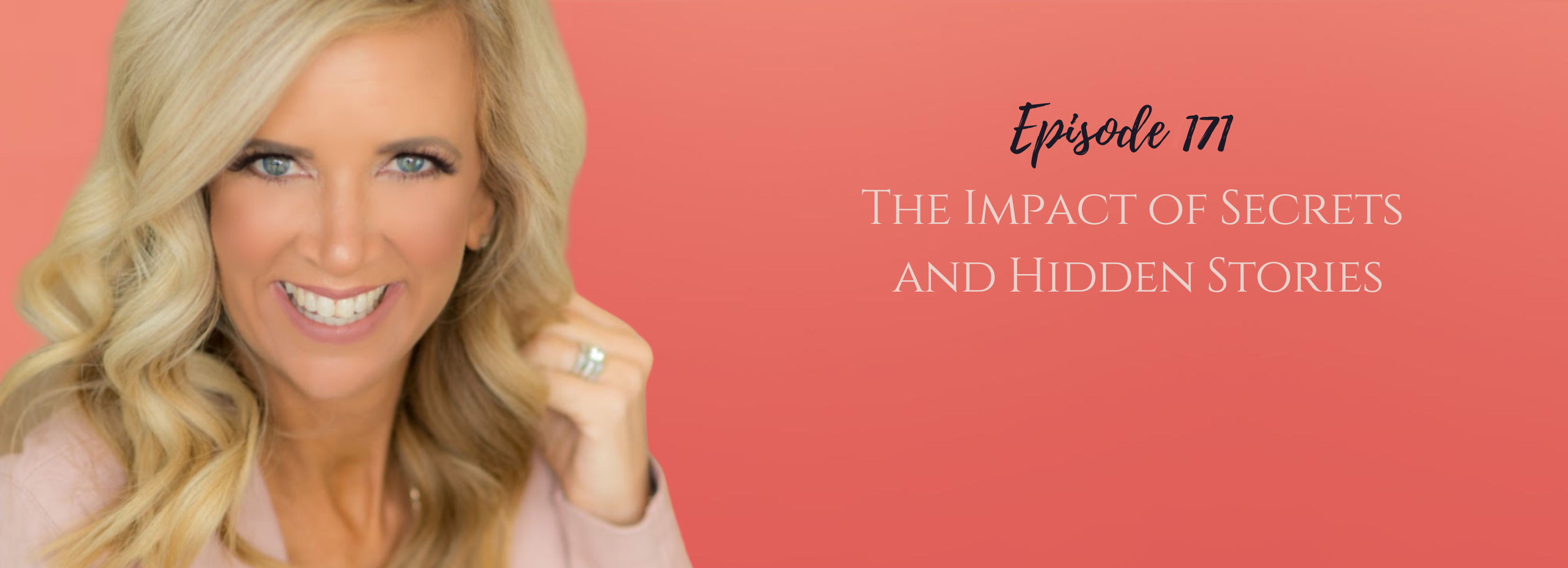
The Impact of Secrets and Hidden Stories| 7.27.2022
In this episode, Kristen talks about secrets, how keeping secrets can harm you and how do you move through them.
You'll Learn
- What is considered a secret
- What does keeping a secret do to your body
- How to gain freedom from keeping secrets
Resources
For counseling services near Indianapolis, IN, visit www.pathwaystohealingcounseling.com.
Subscribe and Get a free 5-day journal at www.kristendboice.com/freeresources to begin closing the chapter on what doesn’t serve you and open the door to the real you.
Subscribe to the Close the Chapter YouTube Channel
This information is being provided to you for educational and informational purposes only. It is being provided to you to educate you about ideas on stress management and as a self-help tool for your own use. It is not psychotherapy/counseling in any form.
[fusebox_transcript]